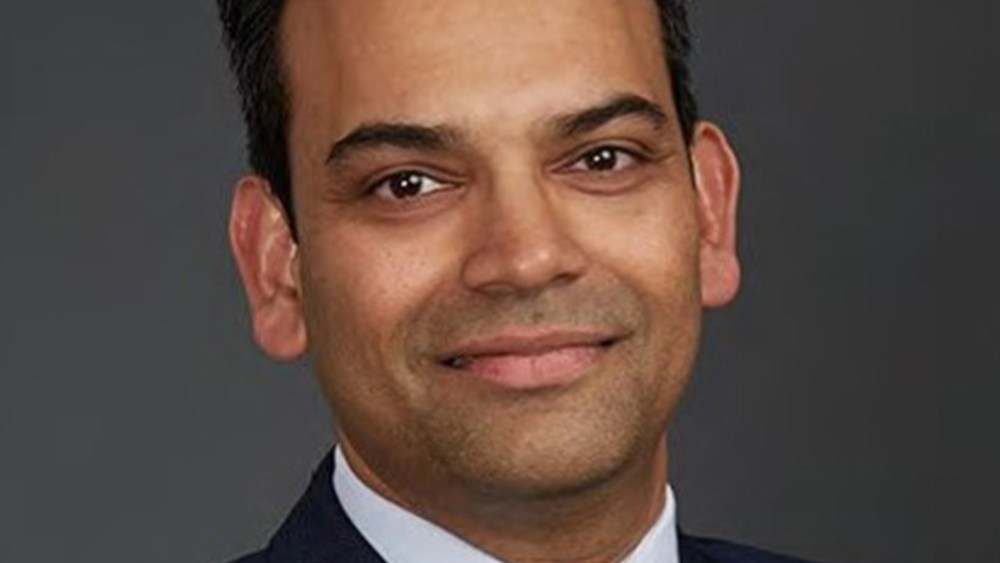The real-life version of succession continues at the Estée Lauder Cos.
Not long after WWD reported that Tracey Travis, executive vice president and chief financial officer, plans to retire next year, her successor has been revealed.
Akhil Shrivastava has been appointed executive vice president and CFO, the company said Tuesday. Shrivastava will report to William P. Lauder, executive chairman, and Fabrizio Freda, president and chief executive officer, the same structure as Travis.
Shrivastava will assume his new role effective Nov. 1. Travis will remain at the company until her retirement on June 30, 2025 to support the transition.
Related Articles
“With over 25 years of extensive financial and leadership experience, Akhil is an exceptional and capable leader whose financial and strategic expertise and insights have been important in supporting the company over the past several years, and he will be instrumental in driving forward our strategic direction and decisions,” said Freda. “I look forward to partnering with Akhil as we continue to rebuild stronger, more sustainable profitability and sales growth acceleration across the business.”
Shrivastava is no stranger to the company, having joined in 2015 and holding several key finance roles since then. Most recently he was named Lauder’s senior vice president, corporate controller. He also oversees the Operational Excellence pillar as part of the profit recovery and growth plan focused on driving strong inventory, cash and cost improvements for the company.
Prior to joining Lauder, Shrivastava spent 18 years at Procter & Gamble, where he served in several finance and leadership roles across Asia, North America and the global businesses, including finance director for Gillette, North America.
“With its leading portfolio of iconic brands, extensive global reach, and impressively talented people, I am honored to lead the global finance team,” said Shrivastava in a statement. “I look forward to helping to advance the company’s multiple engines of growth to rebuild stronger, more sustainable profitability and support sales growth acceleration across brands, product categories and regions while evolving the business for the future.”
The beauty company is working to claw back market share that it lost as the Chinese market and travel retail failed to bounce back post-pandemic.
For the quarter ended March 31, the company said it has reached an inflection point, but analysts cautioned that the recovery won’t be linear, with Lauder needing to jump-start sales in mainland China and in the U.S., where it is being surpassed by rivals and indie brands.
Indeed, while Lauder’s travel-retail sales category finally returned to growth after seven consecutive quarters of decline and the company made inroads in driving down inventory levels in Asia travel retail, net sales in mainland China were lower than expected and in North America they were flat.


